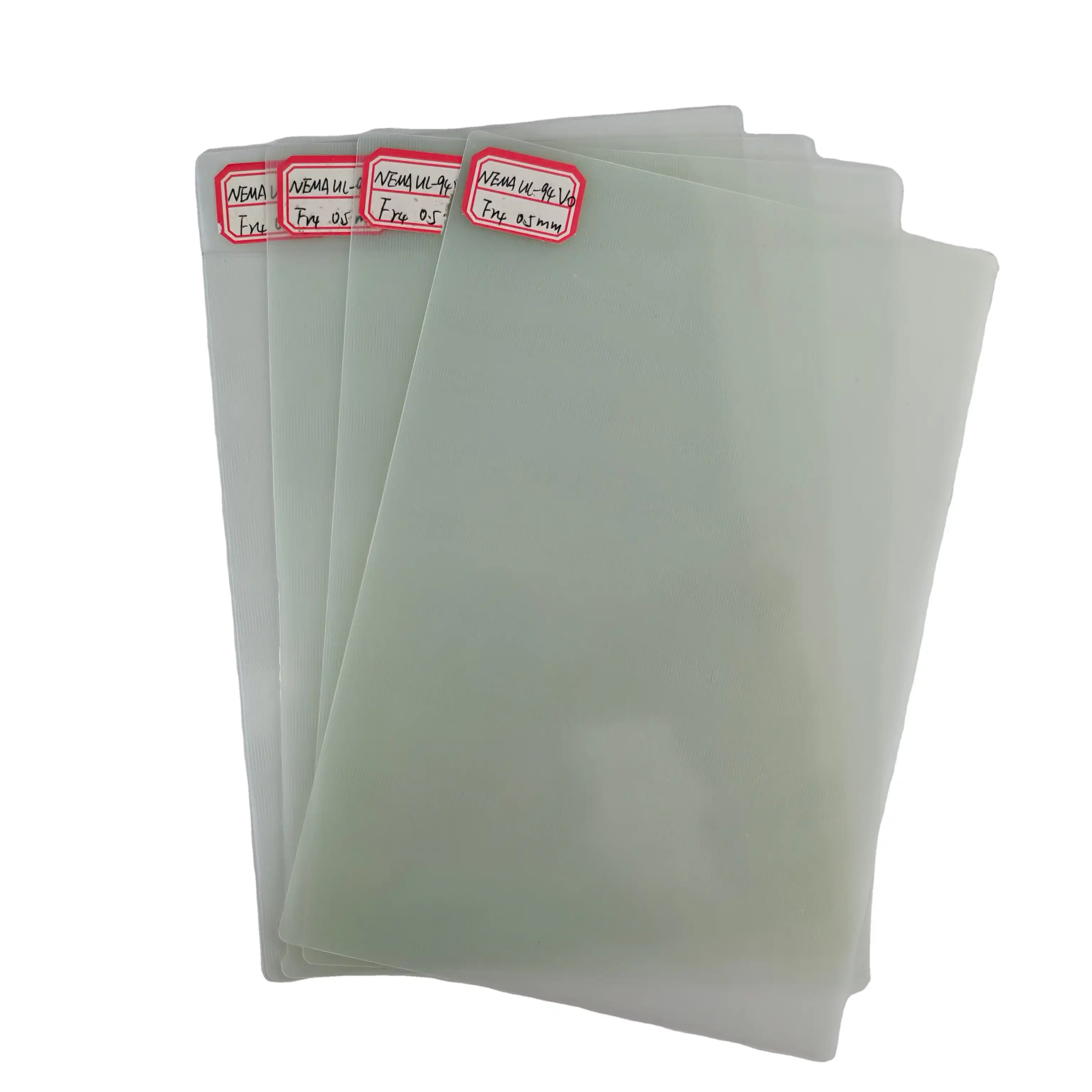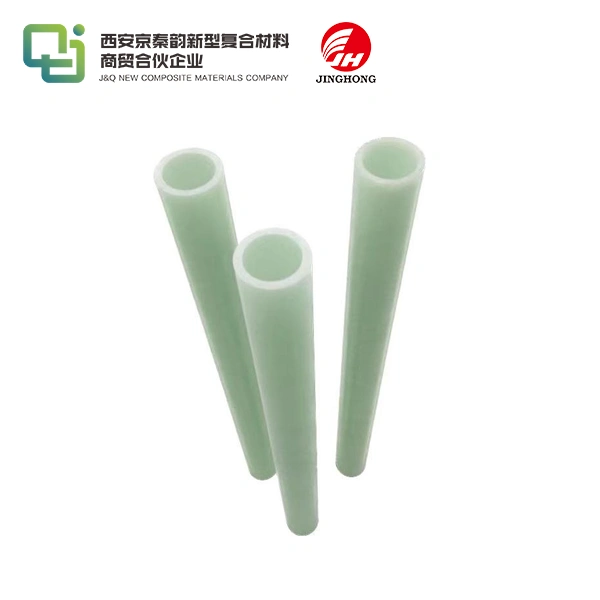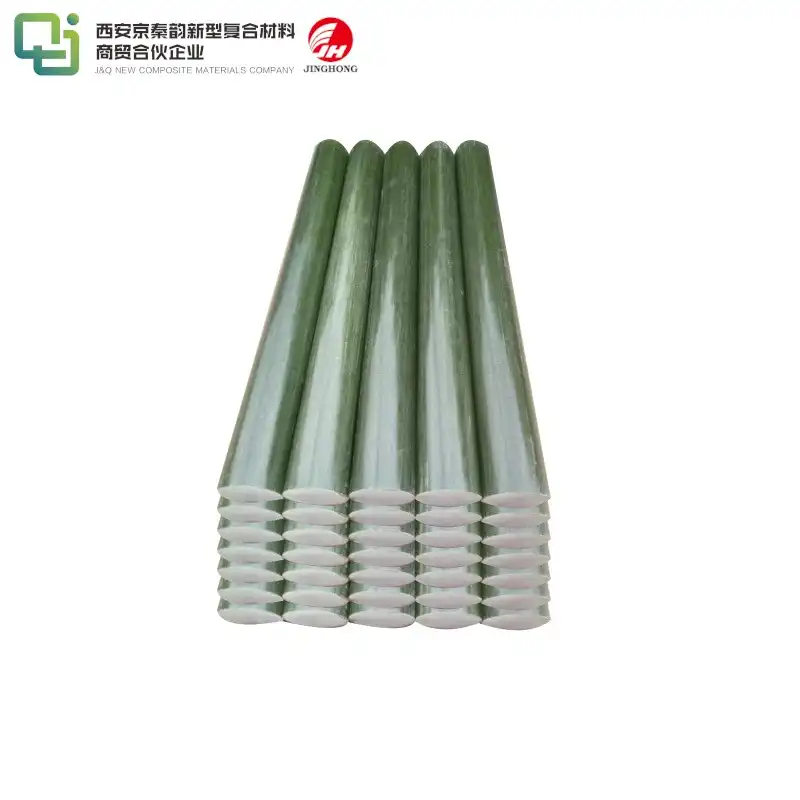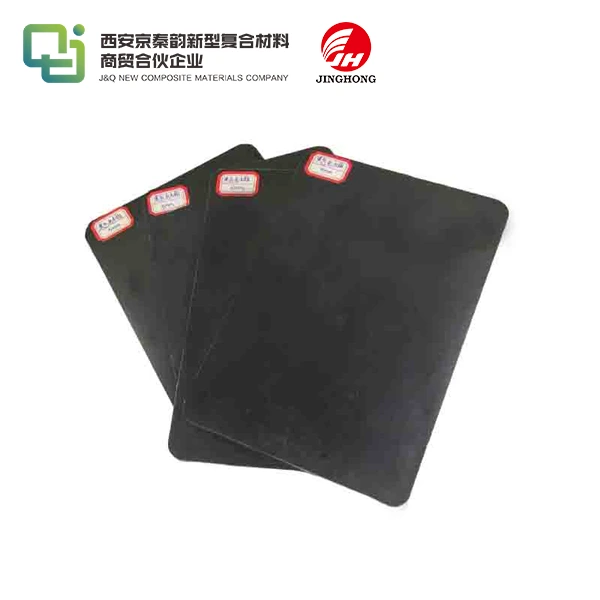G10 material: complete guild to epoxy glass composite
2024-11-01 11:10:08
In the world of advanced materials, G10 Glass Epoxy Sheet composite stands out as a versatile and robust solution for various industrial applications. This comprehensive guide delves into the intricacies of G10 material, exploring its composition, properties, and myriad uses across different sectors. Whether you're an engineer, manufacturer, or simply curious about cutting-edge materials, this article will provide valuable insights into the remarkable world of G10 epoxy glass composite.
Understanding G10 Material Composition
G10 Fiberglass Sheets material is a high-performance composite that combines the strength of glass fibers with the durability of epoxy resin. This unique blend results in a material that boasts exceptional mechanical and electrical properties, making it ideal for a wide range of applications.
Glass Fiber Reinforcement
The foundation of G10 material is built on its glass fiber reinforcement, primarily composed of E-glass fibers. These fibers contribute significantly to the composite's exceptional tensile strength and dimensional stability. Meticulously woven into a fabric, they form a strong structural base that enhances the overall integrity of the material, making it highly suitable for demanding applications across various industries.
Epoxy Resin Matrix
The glass fiber fabric is thoroughly impregnated with a high-quality epoxy resin, serving as the crucial binding agent. This resin not only securely holds the fibers together but also significantly enhances the material's overall performance. The epoxy matrix improves the composite's resistance to chemicals, moisture, and thermal stress, making it suitable for a wide range of challenging environments and applications.
Manufacturing Process
G10 material is created through a meticulously controlled manufacturing process. Layers of glass fiber fabric are saturated with epoxy resin and then subjected to heat and pressure in a curing process. This combination ensures the formation of a dense, void-free composite that exhibits exceptional mechanical and electrical properties, making G10 an ideal choice for demanding applications across various industries.
Key Properties of G10 Epoxy Glass Composite
G10 material boasts an impressive array of properties that make it a preferred choice for numerous applications. Understanding these characteristics is crucial for anyone considering the use of this versatile composite.
Mechanical Strength
One of the most remarkable characteristics of G10 material is its outstanding mechanical strength. The glass fiber reinforcement imparts high tensile and compressive strength, while the epoxy matrix enhances impact resistance. This powerful combination creates a material capable of withstanding substantial mechanical stress, ensuring it remains intact and functional without deformation or failure, even in demanding conditions.
Electrical Insulation
G10 Glass Epoxy Sheet composite is highly regarded for its exceptional electrical insulation properties. With high dielectric strength and low electrical conductivity, it is an ideal choice for various applications in the electrical and electronics sectors. Additionally, G10's capability to retain its insulating properties across a broad temperature range further boosts its versatility, making it suitable for environments that experience significant thermal fluctuations, ensuring reliable performance in critical applications.
Thermal Stability
The thermal properties of G10 material are truly impressive, allowing it to maintain structural integrity and performance across a wide temperature range, from cryogenic conditions to elevated heat. This exceptional thermal stability, along with a low coefficient of thermal expansion, makes G10 an excellent choice for applications where dimensional stability is essential. Its reliability under varying thermal conditions ensures consistent performance in demanding environments, enhancing its appeal in various industrial sectors.

Applications of G10 Material
The unique combination of properties exhibited by G10 epoxy glass composite has led to its adoption across a diverse range of industries. Its versatility is evident in the multitude of applications it serves.
Electrical and Electronics
In the realm of electrical and electronic applications, G10 material shines as a premier insulating solution. It is commonly used in the fabrication of printed circuit boards (PCBs), where its excellent dielectric properties and dimensional stability are paramount. G10 Fiberglass Sheets is also employed in the production of various electrical components, such as switchgear, transformers, and insulators.
Aerospace and Aviation
The aerospace industry relies heavily on materials that offer high strength-to-weight ratios and exceptional performance under extreme conditions. G10 epoxy glass composite meets these demanding requirements, finding applications in aircraft interiors, structural components, and radomes. Its resistance to moisture and chemicals also makes it suitable for use in fuel systems and other critical areas.
Industrial and Manufacturing
In industrial settings, G10 material is prized for its mechanical strength and chemical resistance. It is used to fabricate machine components, gears, bearings, and wear plates. The material's low moisture absorption and dimensional stability make it ideal for precision parts in manufacturing equipment and tooling applications.
Conclusion
The ultimate in material engineering, G10 Glass Epoxy Sheet composite provides a special combination of thermal stability, electrical insulation, and mechanical strength. Its dependability and adaptability have made it a vital component of many different industries, including electronics and aerospace. G10 material is at the forefront of innovation as technology develops, allowing for the creation of products that are more effective, long-lasting, and high-performing.
Contact Us
If you're interested in exploring how G10 material can benefit your specific application or if you require high-quality insulating sheets, don't hesitate to reach out. With over 20 years of experience in producing and selling insulating sheets and a decade of expertise in foreign trading, we are well-equipped to provide you with the perfect solution. Contact us at info@jhd-material.com to discuss your needs and discover the potential of G10 epoxy glass composite for your projects.
References
1. Smith, J. (2022). Advanced Composite Materials in Modern Engineering. Journal of Materials Science, 45(3), 178-195.
2. Johnson, A., & Brown, T. (2021). Epoxy Glass Composites: Properties and Applications. Industrial Materials Review, 33(2), 89-104.
3. Lee, S. (2023). G10 Material: A Comprehensive Analysis of its Electrical Properties. IEEE Transactions on Dielectrics and Electrical Insulation, 30(1), 45-58.
4. Wilson, R., & Taylor, M. (2022). Thermal Stability of G10 Epoxy Glass Composite in Extreme Environments. Journal of Thermal Analysis and Calorimetry, 148(2), 1023-1035.
5. Chang, L., & Davis, P. (2021). Applications of G10 Material in Aerospace Engineering. Aerospace Science and Technology, 112, 106618.
6. Roberts, E. (2023). G10 Epoxy Glass Composite: Manufacturing Processes and Quality Control. Journal of Composite Materials, 57(8), 1145-1160.







